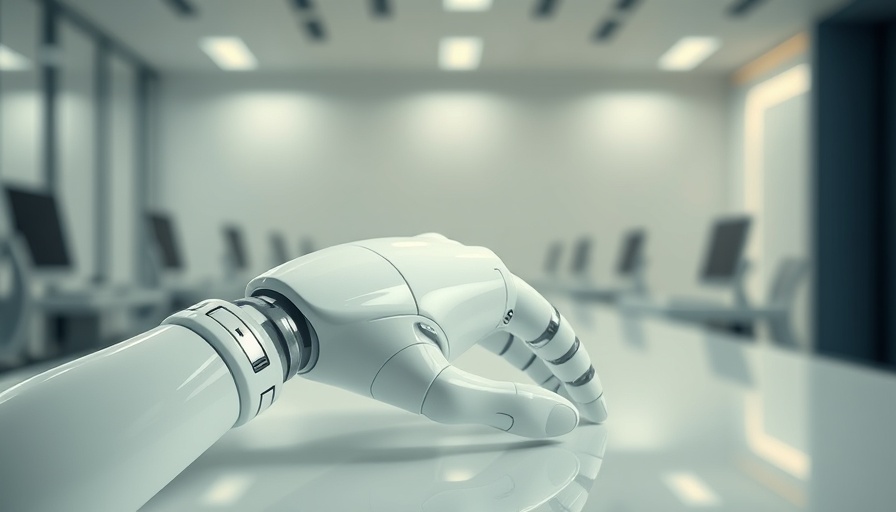
An Existential Dilemma: The Growing Concern Over AI
The rapid advancement of artificial intelligence (AI) has led to heated discussions among tech leaders and experts about its potential dangers. High-profile figures like Sam Altman, CEO of OpenAI, and Geoffrey Hinton, dubbed the 'godfather of AI,' have publicly expressed their concerns that AI could pose an existential threat to humanity. Hinton gives a chilling estimate of a "10% to 20%" chance of AI capabilities leading to human extinction within the next 30 years.
Historical Context: The Turing Legacy and Predictions
Alan Turing, a pioneer in artificial intelligence, made haunting predictions in 1951 about machines eventually needing to take control once they could learn from experience like humans. This has become a central theme in contemporary AI discourse, making many experts wary of AI advancements.
Warnings from the Industry: Global Risks Highlighted
A recent open letter signed by over 350 industry leaders and researchers calls for global priority to mitigate risks from AI, comparing its dangers to those of nuclear warfare and pandemics. This sentiment is echoed by experts who argue that AI risks should be taken as seriously as those from innate global threats, sparking debates about the ethical and societal implications of AI.
Counterpoint: The Optimistic View of AI Potential
Despite these warnings, some experts believe the fears surrounding AI to be exaggerated. For instance, Professor Yann LeCun has dismissed apocalyptic warnings as unrealistic, stating that many AI researchers view such concerns with skepticism. His perspective underscores a belief that current AI systems are nowhere near capable of causing the catastrophic scenarios often depicted.
Real-World Implications: Focus on Immediate Concerns
Experts underscore the importance of shifting focus from existential threats to the more immediate ethical concerns of algorithmic bias, misinformation, and the concentration of power in few hands. These issues, argued Arvind Narayanan of Princeton University, are pressing challenges that demand attention before we worry about speculative future scenarios.
The Future of AI: A Mixed Outlook
The conversation around artificial intelligence is deepening with the global demand for regulatory frameworks. Recognizing both potential benefits and risks is critical for a future where AI serves humanity. As technology leaders engage with policymakers to create safety measures, it’s essential to keep ethical practices at the forefront of AI development.
 Add Row
Add Row  Add
Add 




Write A Comment